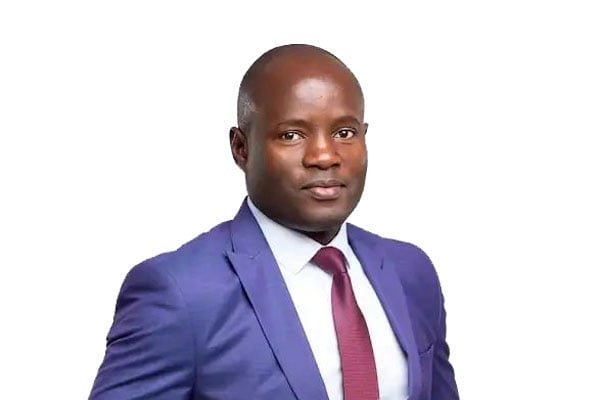Prime
Government adopts inclusive learning for refugees

Ms Ketty Lamaro, the Ministry of Education and Sports Permanent Secretary, signs an MoU with British Council's Country Director, Mr Chilufya Besa on December 11, 2023. PHOTO | ESTHER BRIDGET NAKALYA
What you need to know:
- According to Ms Mary Mutende, the commissioner for private schools at the ministry, the training is meant for teachers at all levels from early childhood to secondary school, to change the methods of teaching.
The Ministry of Education and Sports has renewed a three year working Memorandum of Understanding (MoU) with the British High Commission to implement the best practices in the education sector.
“We have signed an MOU with the Ministry which is a renewal that expired in 2019 and it will formalise the already existing relationship on how we work around with the Ministry in basically technical and information exchanges," said Mr Chilufya Besa, the Country Director at the British Council.
Ms Ketty Lamaro, the Ministry's Permanent Secretary applauded the renewal for the continued and standing relationship between the two parties.
"We here to witness an important occasion of the singing of MOU between the Ministry of Education and British council. We thank the British council as this renewal facilities cooperation and engagement as part of government's priority," she said.
"This partnership will also ensure quality education as teachers, school leaders and school management have benefited a lot in previous trainings and learnt from other countries in terms of sector and policy development," she added.
Trainings
According to Ms Mary Mutende, the commissioner for private schools at the ministry, the training is meant for teachers at all levels from early childhood to secondary school, to change the methods of teaching.
“The idea is to have them teach differently and address issues of content and skills of children," she said.
Mr Besa underscored that; "The trainings are designed for teachers to know the standards to adhere to while teaching as a way of supporting the Ministry's priorities."
He also noted that these trainings are gender sensitive and reach out to girls and refugee groups.
"A lot of girls dropped out of school during Covid-19 and the support is to ensure that school leaders and teachers have a gender sensitive pedagogy and include refugees to bridge the inequality gap in the education sector," he said.
Challenges
Studies from the British Council revealed that there was no effective learning in classrooms since there are about six to seven languages in used and teachers have to use familiar language in particular locations.
“We equip teachers in language resilience with strategies and techniques to work in classrooms where there are many languages," said the country director.
The initiative entails an education response plan in refugee areas in Uganda which creates a need for language resilience among school teachers.
Mr Besa also shared that, "A lot of refugees from south Sudan and Congo do not have English as the medium of exchange."
Among other challenges are teachers' failure to complete training before they can share implementations.
"In some cases, teachers are transferred and do not complete training of 10-12 weeks," said Mutende adding that, "some of the refugees are not in camps but in Kampala and we need to address the language issue which is medium of instruction for examination among learners."





